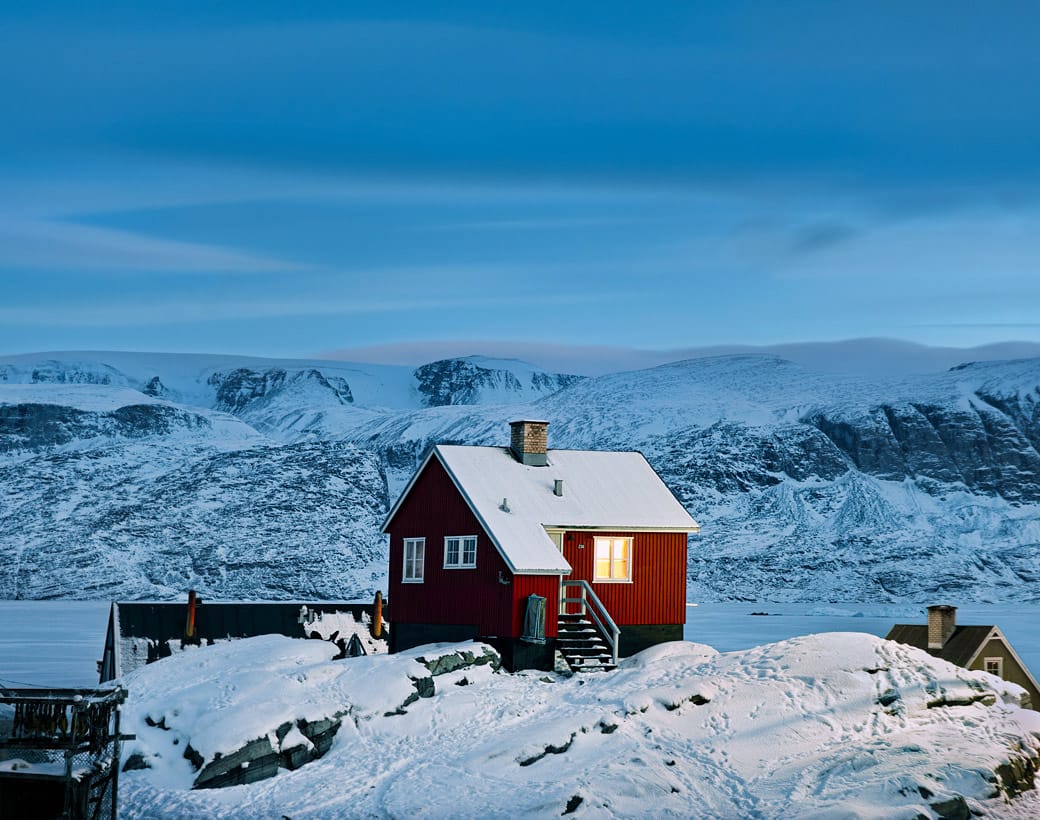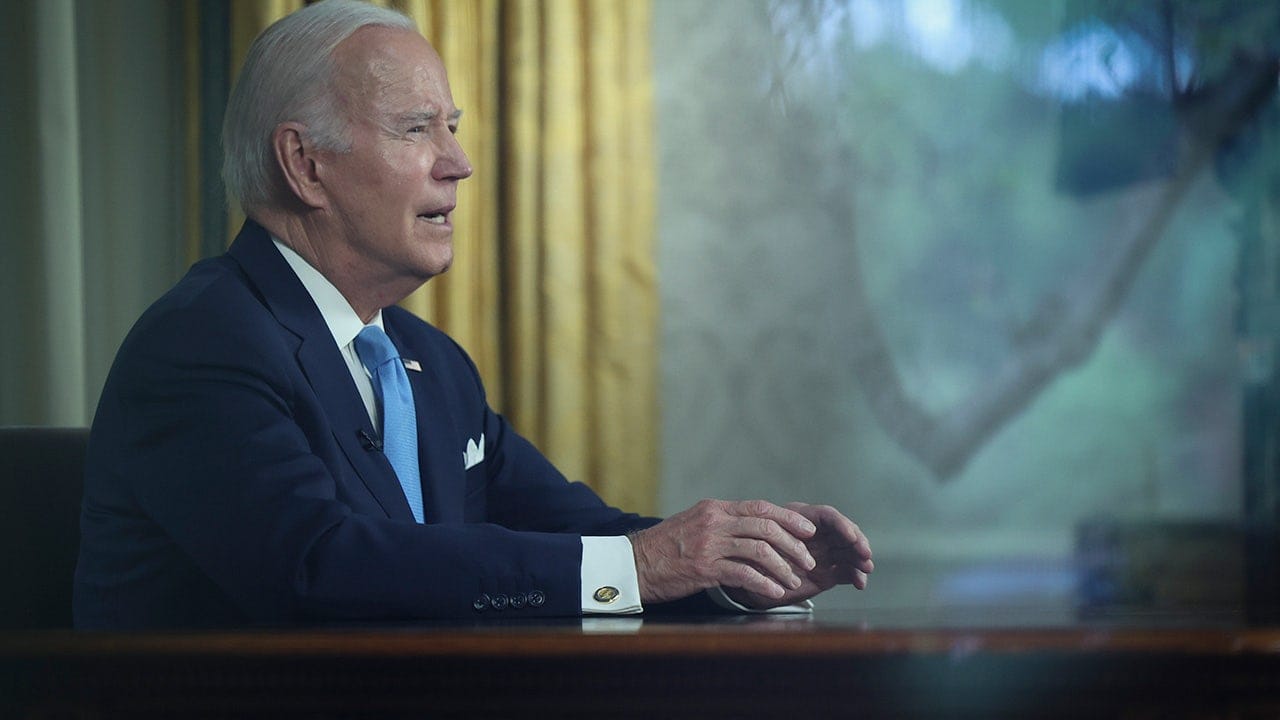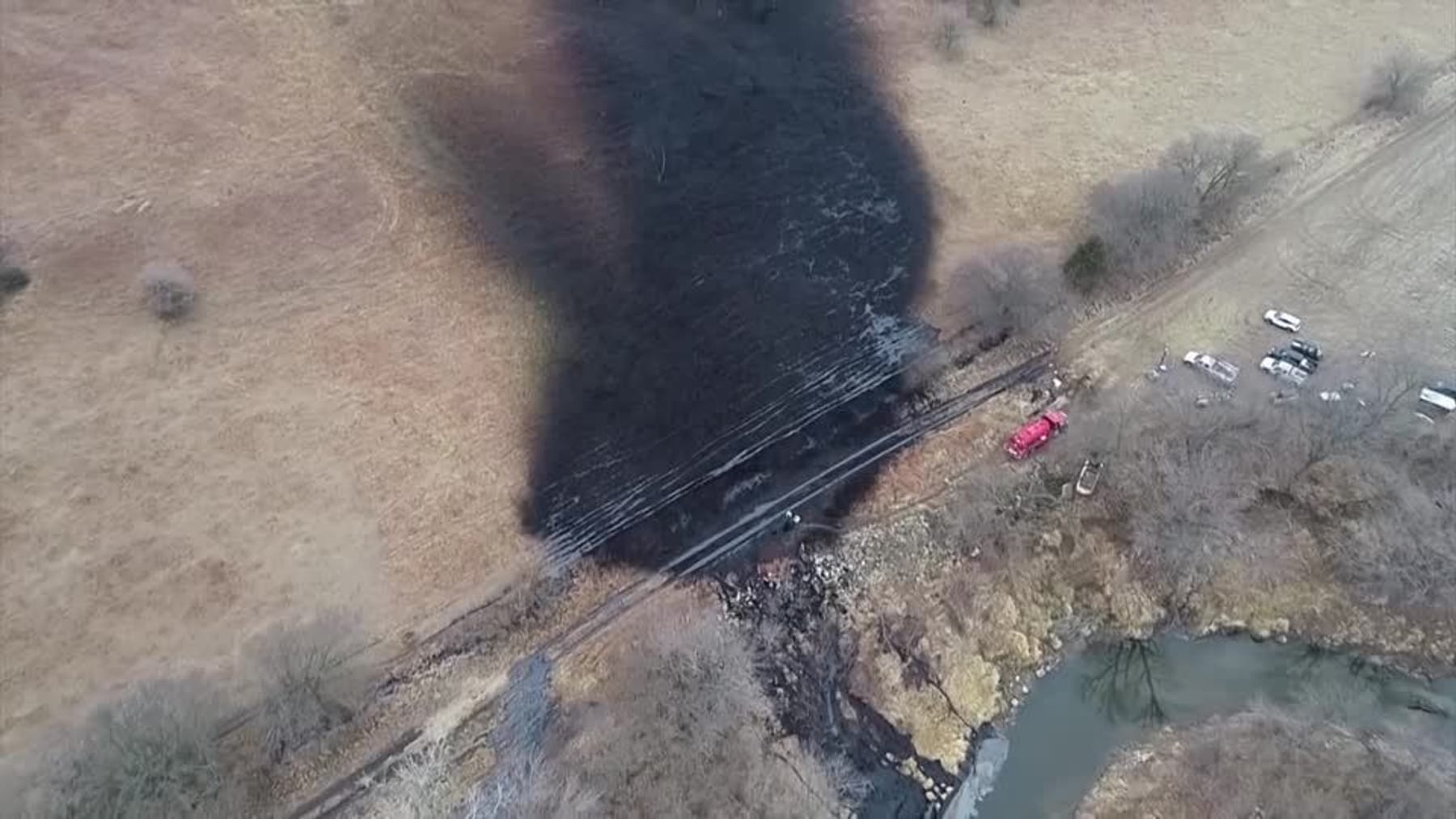In a recent statement, U.S. Senator JD Vance of Ohio has drawn attention to the potential for economic and strategic deals in Greenland, a territory that has garnered increasing interest from various global powers. Vance’s comments reflect a broader trend of heightened focus on the Arctic region, which is becoming more accessible due to climate change and melting ice caps. This shift not only opens up new shipping routes but also reveals untapped natural resources that could be pivotal for energy and mineral extraction.
Greenland, an autonomous territory within the Kingdom of Denmark, has long been recognized for its vast natural resources, including rare earth minerals, oil, and gas. As the world transitions towards renewable energy sources, the demand for these materials is expected to rise significantly. Vance’s remarks suggest that the U.S. should actively engage with Greenland to explore these opportunities, potentially leading to mutually beneficial agreements that could bolster both the U.S. economy and Greenland’s development.
The geopolitical landscape surrounding Greenland is complex, with various nations vying for influence in the Arctic. Russia has been particularly assertive in expanding its presence in the region, conducting military exercises and increasing its Arctic shipping capabilities. Meanwhile, China has expressed interest in investing in Greenland’s infrastructure and resource development. Vance’s advocacy for a deal in Greenland underscores the necessity for the U.S. to strengthen its ties with the territory to counterbalance the influence of these nations.
Vance’s comments come at a time when the U.S. government is reassessing its foreign policy priorities in the Arctic. The Biden administration has emphasized the importance of climate change and environmental stewardship, but it has also recognized the strategic significance of the region. By fostering partnerships with Greenland, the U.S. could enhance its position in the Arctic while also supporting the territory’s aspirations for greater autonomy and economic development.
In addition to resource extraction, Vance highlighted the potential for collaboration in scientific research and environmental protection. Greenland’s unique ecosystem and climate change challenges present opportunities for joint initiatives that could benefit both the U.S. and Greenland. By investing in research and development, the two parties could work together to address pressing global issues such as climate change, biodiversity loss, and sustainable resource management.
Furthermore, Vance’s remarks resonate with the broader narrative of Arctic sovereignty and the rights of indigenous peoples. Greenland’s population is predominantly Inuit, and their voices and perspectives are crucial in discussions about resource development and environmental stewardship. Engaging with local communities and respecting their rights will be essential for any potential agreements to be successful and sustainable.
As discussions about Greenland’s future continue, it is important to consider the implications of increased U.S. involvement in the region. While the potential for economic growth and strategic partnerships is significant, it is equally important to approach these opportunities with a commitment to ethical practices and respect for the environment. The lessons learned from past resource extraction endeavors in other parts of the world should inform the approach taken in Greenland.
In conclusion, JD Vance’s assertion that there is a deal to be made in Greenland highlights the growing importance of the Arctic region in global geopolitics and economics. As the U.S. navigates its role in this evolving landscape, it will be crucial to balance strategic interests with environmental sustainability and respect for indigenous rights. The future of Greenland, and its relationship with the U.S., will depend on thoughtful engagement and collaboration that prioritizes the well-being of its people and the preservation of its unique environment.



